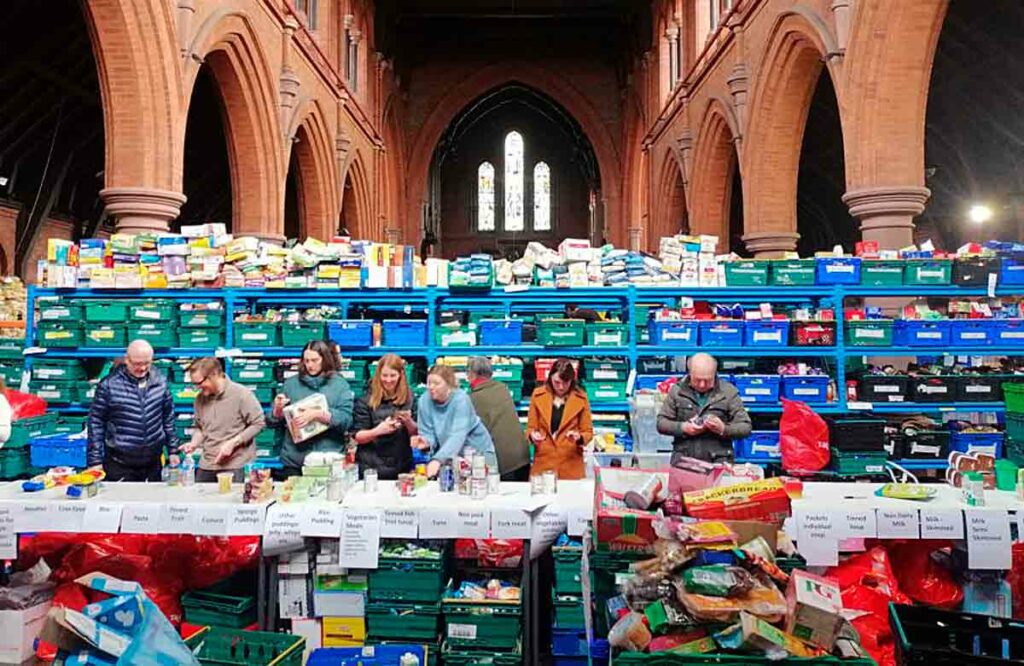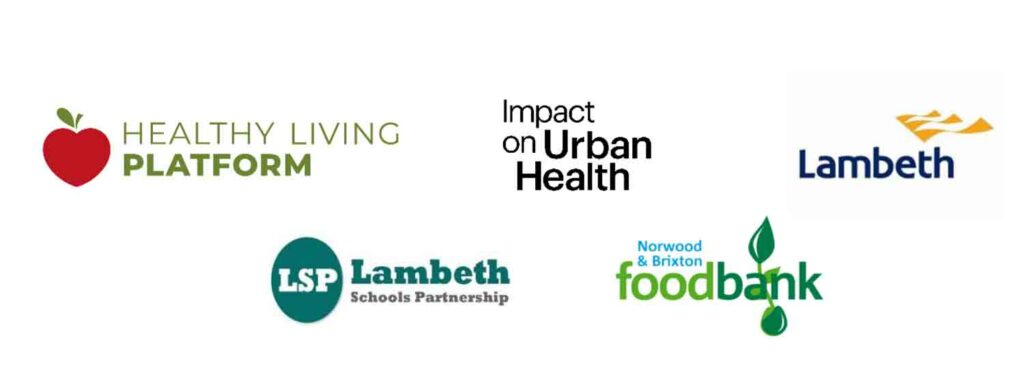
Support for the poorest and most vulnerable people in Lambeth is being disrupted by uncertainty about the future of the government household support fund.
The fund has seen central government provide a total of about £1billion a year to local authorities across the country over the past two or three years.
Current funding runs out in March this year and central government sources have indicated that no decision has been made on whether it will continue.
London School of Economics researchers said that putting off this decision is “hugely damaging” because local authorities need to know about the future of the fund now.
Many low-income households across the country have come to rely on this support and the “ripple effects” of its withdrawal would be felt throughout the third sector, from welfare advice organisations to food banks, said the researchers.
They added that local authorities need clarity on the future of the fund now, whether it is renewed or not.
“They have streams of work relying on this funding, staff roles depend on it and a wide range of third sector organisations (such as food banks and advice services) in part sustain their activities with HSF support.
“So far, it has almost always been renewed in a matter of weeks ahead of otherwise expiring. This makes planning at the local authority level almost impossible,” the researchers said.
In a joint letter to the chancellor Jeremy Hunt, Lambeth council and several local groups urged him to continue the fund in the 2024/25 financial year.
“Uncertainty over continuation of the fund is causing considerable disruption to the system that supports the borough’s lowest income and most vulnerable households,” they said.
“This is impacting the continuity of services and, if withdrawn, threatening the health and wellbeing of our most vulnerable residents.
“This is at a time when the cost of living crisis continues to significantly impact those who struggle to afford to eat and heat their homes: food inflation remains at 8%, the wholesale price of gas remains 2.5 times what it was before the crisis and 41% of our residents say it is difficult to pay their energy bills.”
The letter said that in Lambeth lone parents, disabled residents, carers and residents from the Black, Asian and multi-ethnic communities are disproportionately represented amongst the poorest residents.

The signatories said that, throughout the ongoing crisis, they had used the household support fund to support them through targeted activity including:
- Reducing holiday hunger for children in receipt of free school meals through the provision of vouchers during the school holidays, distributed through Lambeth schools
- Providing additional capacity to organisations providing at-scale foodbank or surplus food distribution services to ensure they are able to continue to provide sufficient food support to those unable to afford the increased cost of food
- Ensuring sufficient support is available within the council’s local welfare assistance
- Emergency support schemes to provide residents experiencing a crisis with food and fuel support, and
- Distributing targeted cash support to residents identified as having the lowest affordability and highest exposure to risk factors that increase the impact of the cost of living crisis (lone parents, carers, and disabled residents, for instance)
“The impact of withdrawal of this funding will be immediate and further disadvantage our most vulnerable residents,” said the letter.
“Our lowest income households (those with a household income of less than £7,000 per year and eligible for free school meals) with children will be without additional support to feed their children during the school holidays impacting their health and wellbeing and increasing inequalities.
“Our emergency food provision will be less able to support increasing levels of demand that have never returned to pre-covid levels. Residents requiring crisis support will be unable to access support. And efforts to use our data to improve the financial resilience of our most vulnerable residents through targeted support will have to stop.
“Long-term government action to address the poverty that existed in Lambeth prior to the cost of living crisis is required.
“In the absence of that, the household support fund is essential for providing support to our lowest income residents for whom the cost of living crisis has had a compounding impact.
“We urge you to provide early indication of your intention to continue the fund in 2024/25 so that we can plan the continuation of this vital support to residents without interruption.”
Many other local authorities and charities have made similar appeals to the chancellor.
The Lambeth letter was signed by:
- Cllr David Amos, council cabinet member for finance and cost of living
- Chris Ashley Jones, chair of the Lambeth Schools Partnership
- Peter Babudu, executive director of Impact on Urban Health
- Cllr Jim Dickson, chair of Lambeth health and wellbeing board
- Dr Ruth Hutt, director of public health for the London Borough of Lambeth
- Elizabeth Maytom MBE, project lead fo the Brixton & Norwood Foodbank (Trussell Trust)
- Alastair Smith-Agbaje, chief executive officer of the Healthy Living Platform.






